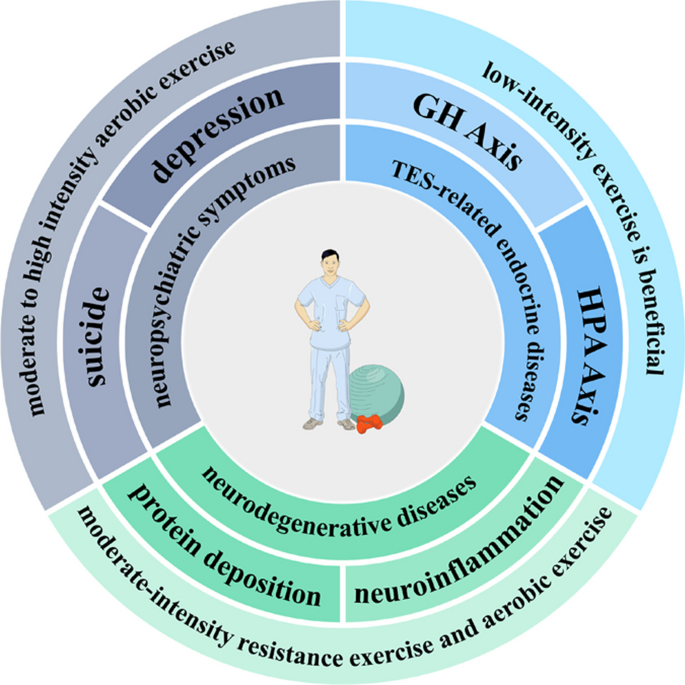Narconon Africa Things To Know Before You Buy
Table of ContentsNarconon Africa - TruthsIndicators on Narconon Africa You Need To KnowThe smart Trick of Narconon Africa That Nobody is DiscussingThe 7-Minute Rule for Narconon AfricaSome Ideas on Narconon Africa You Need To KnowNarconon Africa for DummiesNarconon Africa for Beginners
In a series of papers with Manudeep Bhuller and Katrine V. Lken, we conquer these information challenges and the nonrandomness of jail time, providing new understandings into how imprisonment impacts relapse, work, children, and criminal networks - Heroin addiction treatment. Number 1 Our work research studies the effects of imprisonment in Norway, a setup with two crucial advantagesWe can even more connect this information to various other relative, consisting of youngsters and siblings. We have details on co-offending that allows us to map out criminal networks for observed crimes. Second, we can take advantage of the random task of criminal cases to courts who vary in their propensities to send out accuseds to prison.
Some courts send offenders to jail at a high rate, while others are more forgiving. We measure a court's stringency as the average incarceration rate for all various other instances a court deals with, after regulating for court and year fixed results, which is the degree of random project. This quasi-random assignment of court stringency can be used as an instrument for imprisonment, as it strongly predicts the court's choice in the current situation, yet is uncorrelated with various other situation qualities both by design and empirically.
5 Simple Techniques For Narconon Africa
Characteristics of detainees, consisting of demographics and criminal offense classifications, are generally similar in Norway and other nations, consisting of the USA, with the exemptions that the United States homicide rate is much higher, and race plays a bigger function there too. What attracts attention as different, particularly contrasted with the USA, is the prison system.
Number 2In Norway, the typical time spent in jail is a little over six months, which is similar to most other Western European countries. This contrasts with average United States prison time of virtually three years, which remains in big part the factor the USA is an outlier in its imprisonment price compared to the remainder of the world [Number 1]
The Buzz on Narconon Africa
This provides far more separation in between minor and solidified criminals than exists in the USA. There is no overcrowding in Norwegian jails and much better individual security, with each prisoner being appointed to their own cell and a greater inmate-to-staff proportion than in the United States (https://trello.com/w/narcononza12/account). Jails in Norway additionally supply well-funded education and learning, medicine therapy, psychological wellness, and job training programs
Our research on the effects of imprisonment on the transgressor, using the random job of courts as an instrument, returns three vital searchings for. Initially, jail time prevents even more criminal behavior. We locate that incarceration decreases the probability that an individual will certainly reoffend within 5 years by 27 percentage points and minimizes the corresponding number of criminal costs per individual by 10 fees.
Narconon Africa - The Facts
We find substantial decreases in reoffending probabilities and advancing billed criminal activities even after accuseds are released from jail. Our 2nd result is that predisposition due to selection on unobservable specific qualities, if neglected, results in the wrong conclusion that time spent behind bars is criminogenic. If we simply contrast criminal offenders imprisoned versus those not sentenced, we find favorable organizations between incarceration and look these up subsequent criminal activity.
This stands in contrast to our evaluation based upon the random task of judges, which discovers an opposite-signed outcome. Third, the decrease in criminal activity is driven by people that were not working prior to incarceration. Among these individuals, imprisonment increases participation in programs routed at improving employability and reducing recidivism, and this eventually elevates employment and incomes while preventing criminal actions.

Imprisonment creates a 34 percent factor boost in involvement in job training programs for the previously nonemployed, and within five years their work price rises by 40 percentage points. At the exact same time, the likelihood of reoffending within 5 years is reduced by 46 portion points, and there is a decline of 22 in the typical number of criminal fees.
The Buzz on Narconon Africa

A possible explanation for the distinction is that Norway's jail system varies noticeably, both in regards to prison-term length and jail problems, from the United States jail system. While understanding the effects of incarceration on the culprit is a vital very first step, recording spillover impacts is also vital for assessing criminal justice plan and developing effective prison systems.
The Facts About Narconon Africa Revealed

Average the very least squares estimates reveal that children of incarcerated dads are 1 percentage factor more probable to be charged with a criminal activity, about a mean of 13 percent, and reveal no result on institution grades. Using our judge stringency instrument, we discover no statistical evidence that a father's imprisonment impacts a child's own criminal offense or institution qualities, yet we are not able to eliminate modest-sized effects.
Getting My Narconon Africa To Work
We specify criminal teams based on network links to prior criminal instances. Our analysis returns three major findings. First, when a criminal network participant is jailed, their peers' likelihood of being billed with a future crime reduces by 51 percentage points over the following 4 years. Furthermore, having an older sibling jailed lowers the possibility his more youthful brother will be billed with a criminal offense by 32 portion factors over the next four years.